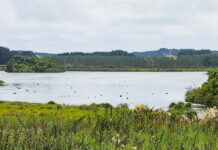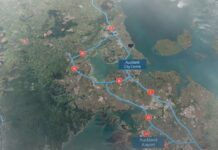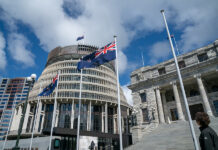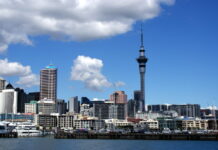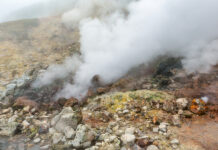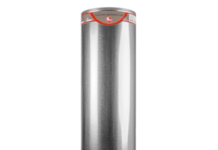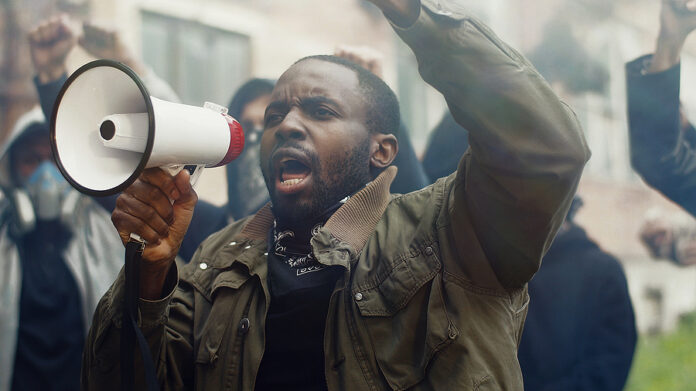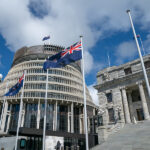There’s a tendency for most in New Zealand to feel that the country is more or less immune to far-right extremism or hate groups. Even after the Christchurch mosque attacks there’s a tendency to believe that hate-fuelled beliefs and violent far-right extremist behaviour is a problem that other countries experience, not New Zealand.
The mosque attacks are thought of as a one-off, never to be repeated event but that might not be the case. Far-right extremism exists in New Zealand and it’s a greater threat than many people realise. In fact the country is home to around 60 to 70 groups of right wing activists, which might not seem high when compared to countries overseas but represents a bit issue relative to the country’s population especially since it only takes a single violent person to cause a lot of pain and suffering.
Since the mosque attacks there has been greater investment into monitoring potentially violent groups but many argue that more needs to be done.
Following the Christchurch attacks, New Zealand took swift action to stop people from promoting extremism and limited automatic weapons but some people have called for restrictions to be put on organisations and people who promote hate speech and that more investment is needed to properly monitor these groups as currently New Zealand lacks the capacity to properly keep an eye on them.
Right wing extremism has been shown to be on the rise by overseas intelligence agencies and could pose a significant threat. There are challenges in the fact that extremists can be self-radicalised and may not have a large digital footprint, which means more awareness needs to be in places so that New Zealand can put the proper preventative measures in place and more effectively deal with the problem.

